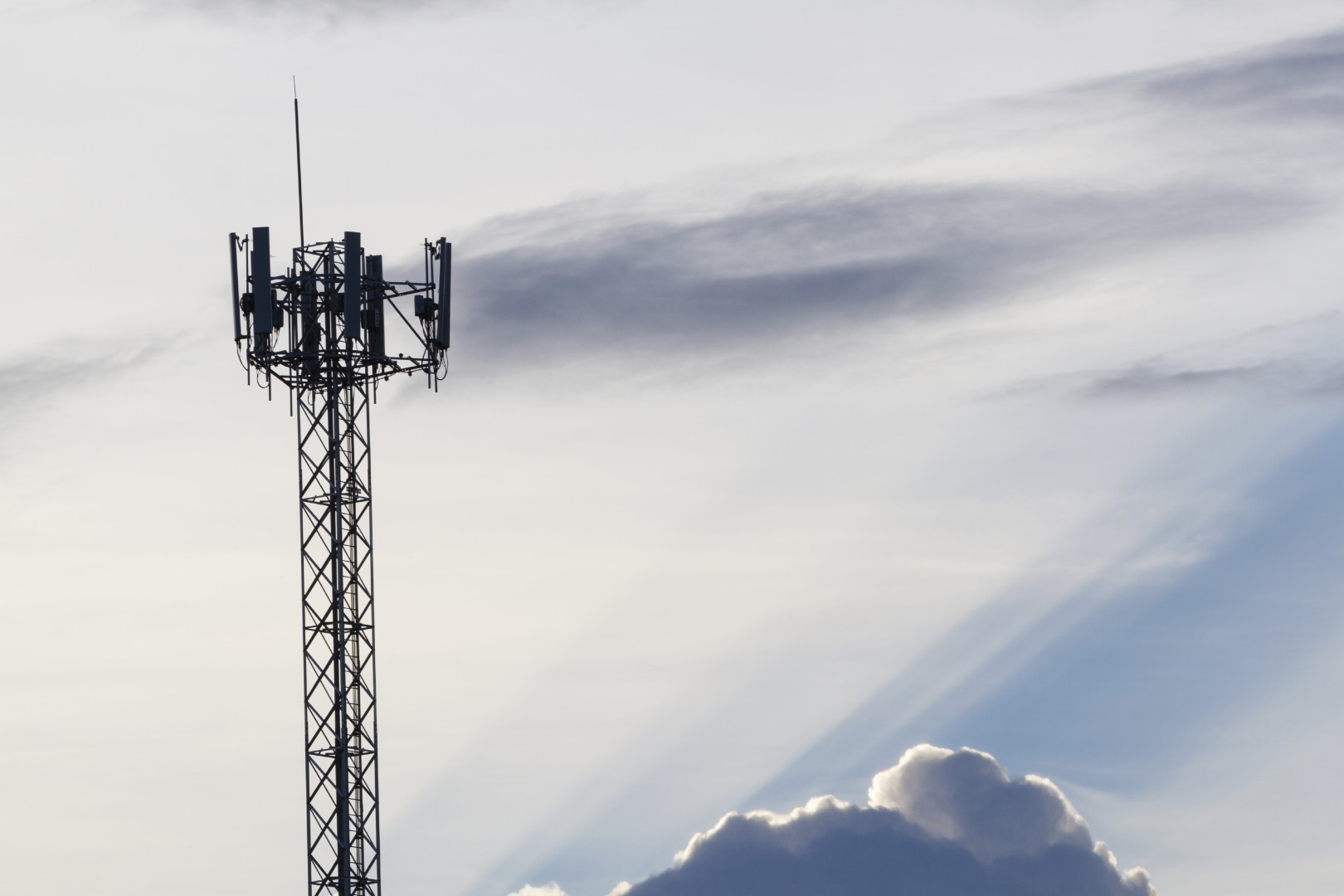The Federal Communications Commission’s monthly meeting on Thursday featured a rarity — unanimous agreement on everything.
The quick and low-key meeting marked progress on some long-standing issues for the commission, but it also represented a lull as tougher policy decisions loom. Among the major challenges on tap are a high-stakes auction of TV airwaves, new Internet privacy rules governing spam and fraud, and a protracted legal defense of the FCC’s recently finalized net neutrality rules.
But none of that was on display at this meeting. In a light-hearted affair, the commission approved new rules on disclosure requirements for broadcasting contests and a proposed rule to require submarine cable licensees to report outages to the FCC.
The new rules for disclosing contest terms sailed through without complaint. Now broadcasters can fulfill their requirement to disclose contest information either on-air or by posting it online.
FCC Commissioner Ajit Pai, a Republican who regularly needles the Democratic majority, began his endorsement by complimenting Chairman Tom Wheeler on his suit. Wheeler interrupted him saying, “Pause. Is that agreement?”
The submarine cable proposal similarly received endorsements from each commissioner. The only sign of any criticism came from Republican Commissioner Michael O’Rielly, who hastened to say that he was “happy to support” it. He still questioned the proposal’s “strict liability” standard and expressed doubts that providers would be able to report the actual cause of outages because, well, they’re located on the sea floor.
FCC observers also learned what it would sound like if Pai was a radio broadcaster speed-announcing contest terms (unintelligible), O’Rielly’s favorite National Football League team (the Buffalo Bills), and Commissioner Mignon Clyburn’s favorite Rocky movie (the first).
But with the feel-good meeting now behind them, the FCC will turn to bigger issues that may not bring the commissioners together so easily.
Michael Calabrese, of the Open Tech Institute at the New America Foundation, said in an email that this meeting belies the FCC’s work on bigger projects. “The FCC is in a bit of a hiatus right now, in terms of major votes. A lot of focus is probably finishing details on the incentive auction,” he said.
That auction will be the FCC’s forum to buy and sell airwaves, make-or-break commodities for broadcasters and the wireless industry. The auction has been stalled for years. The first notice of proposed rulemaking on the auction was launched October 2012 and is now expected to come in the spring of 2016.
Will Rinehart, of the research advocacy group the American Action Forum, said in an email that the FCC had been working for a while on the small projects approved Thursday. But more consequential decisions will follow. “The chairman has also indicated they are working on a number of important rulemakings, including both the good faith negotiations and the CPNI rules. So, this might just be the calm before the storm,” he said.
The Customer Proprietary Network Information (CPNI) proposal would investigate how telephone privacy rules that protect consumers from junk mail, telemarketing, and identity theft apply to the Internet.
The “good faith negotiations” refer to the FCC’s effort to tackle “retransmission consent fees,” which are part the negotiation process between broadcasting and cable companies. If changed, the consent rules could tip the balance of power in the TV industry.
Josh Stager, policy counsel at the Open Tech Institute, observed that the FCC is also channeling a lot of its energy into defending its recently released net neutrality rules. “Consuming much of the oxygen at the commission is the net neutrality litigation,” he said. “The commission filed its brief last week and is now preparing for oral arguments in December.”
Rinehart concurred. “The net neutrality debate has been a serious drain on agency resources this year, which will continue with the upcoming privacy rulemaking,” he said.
